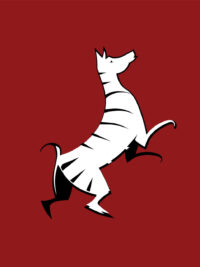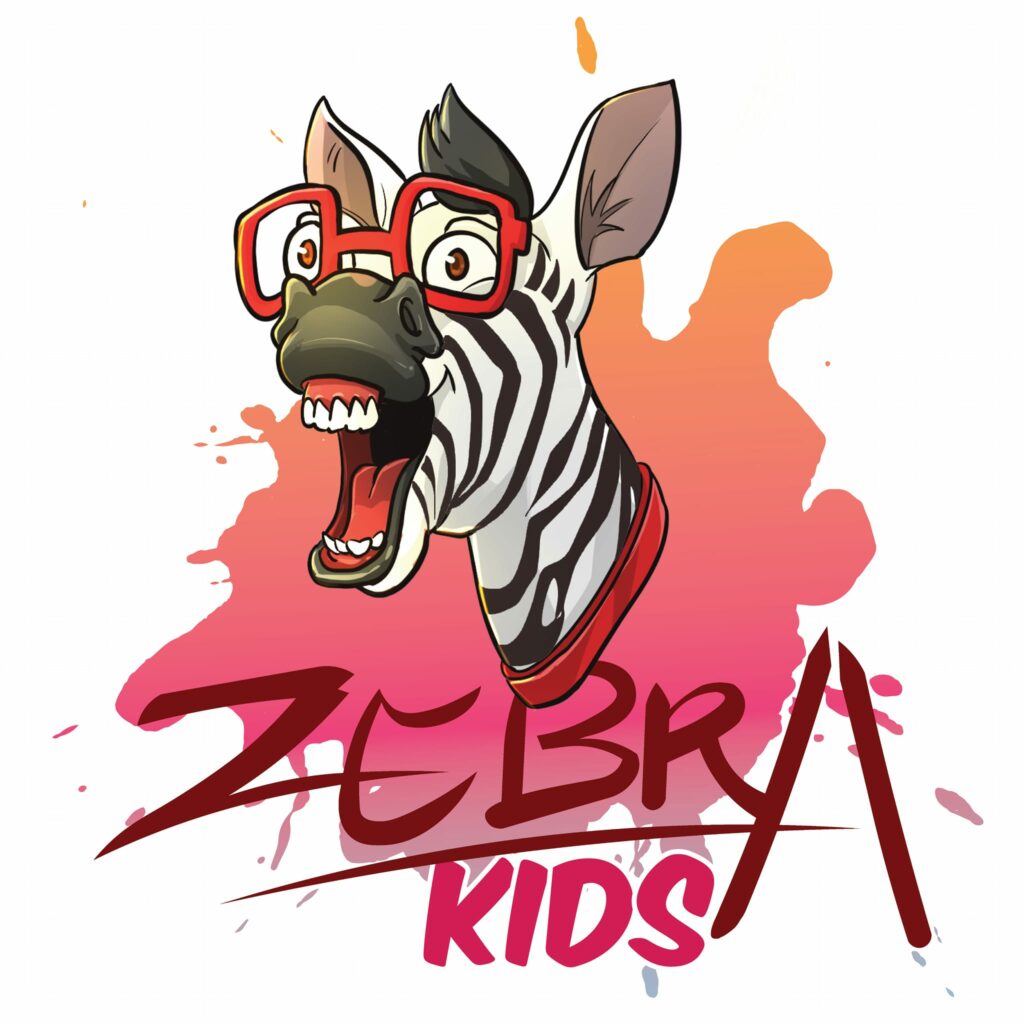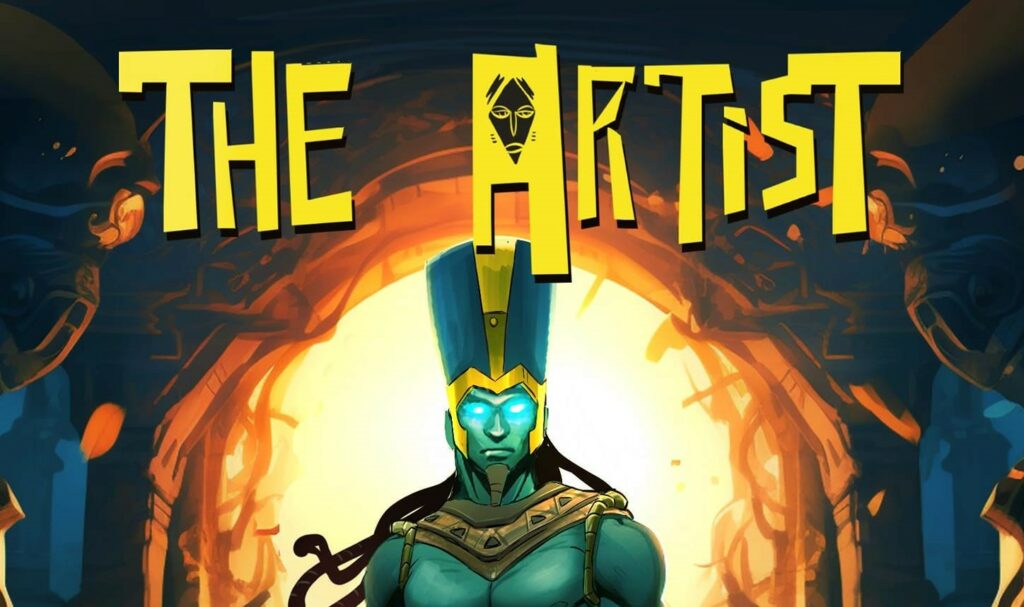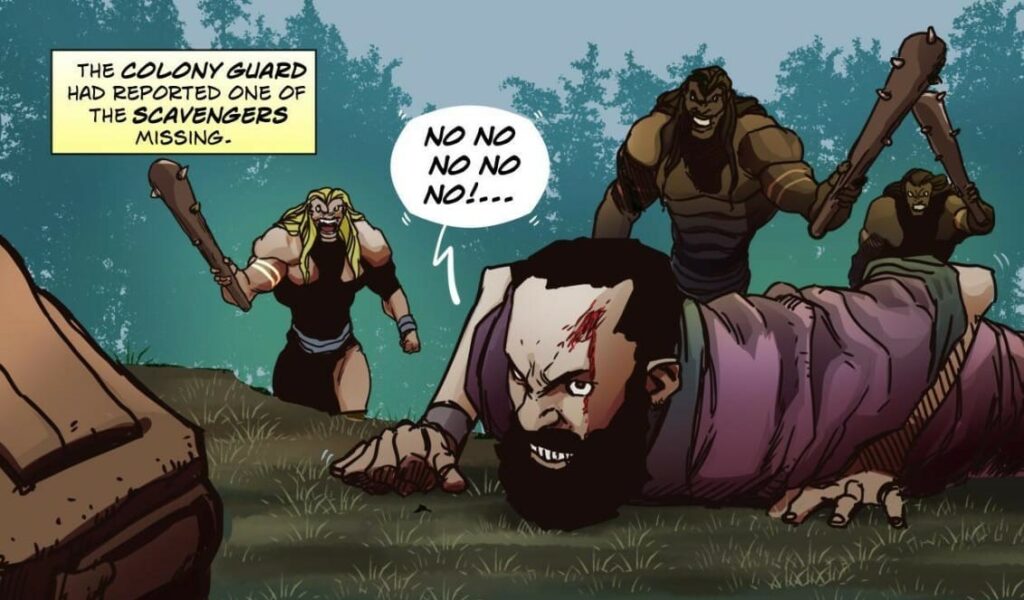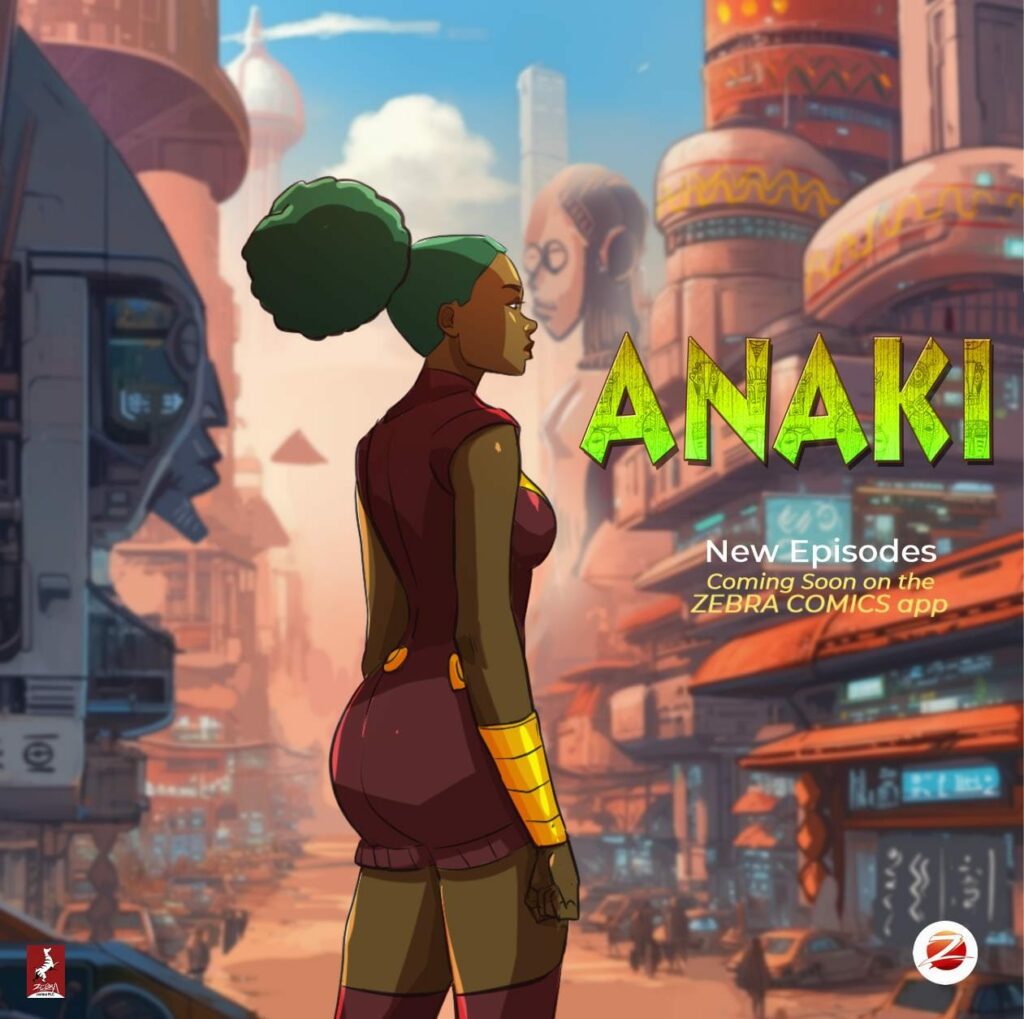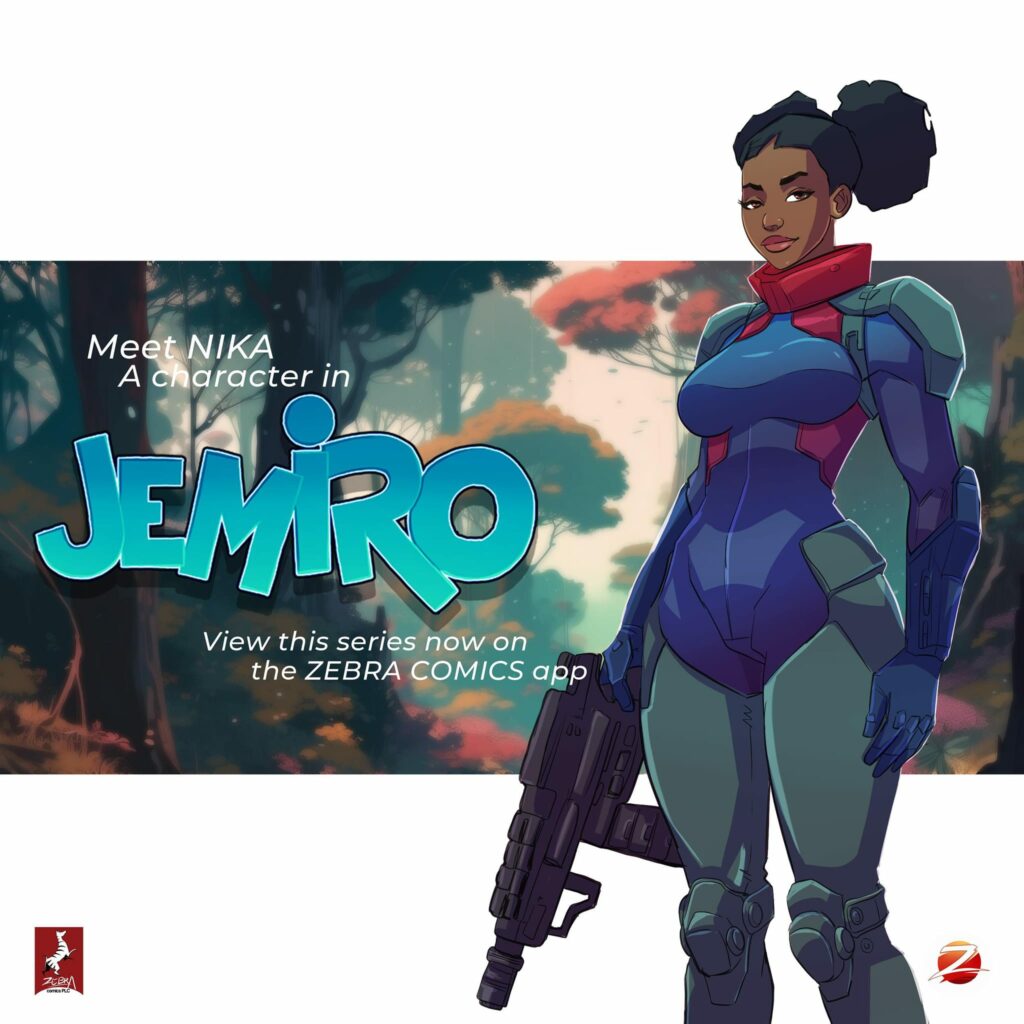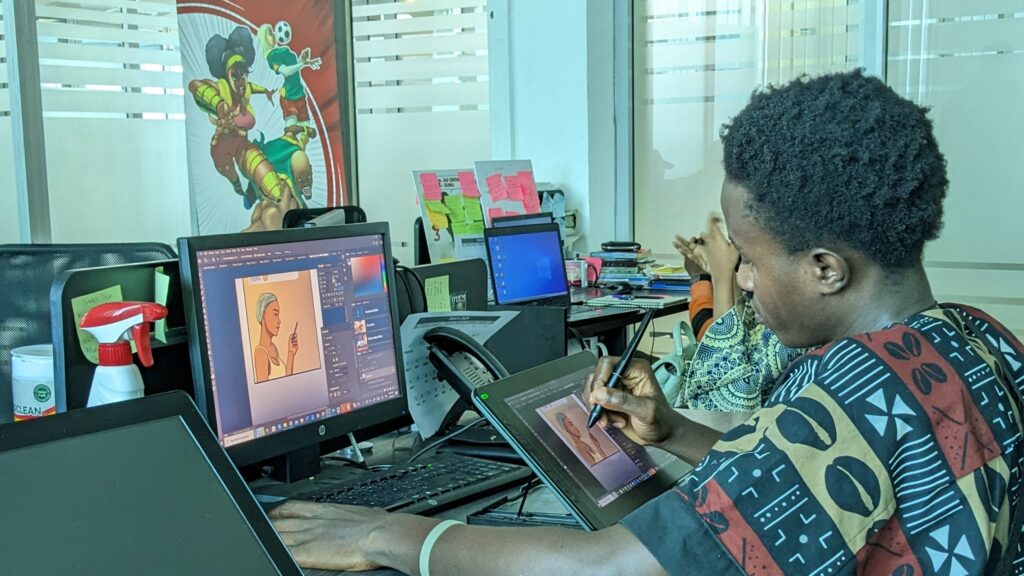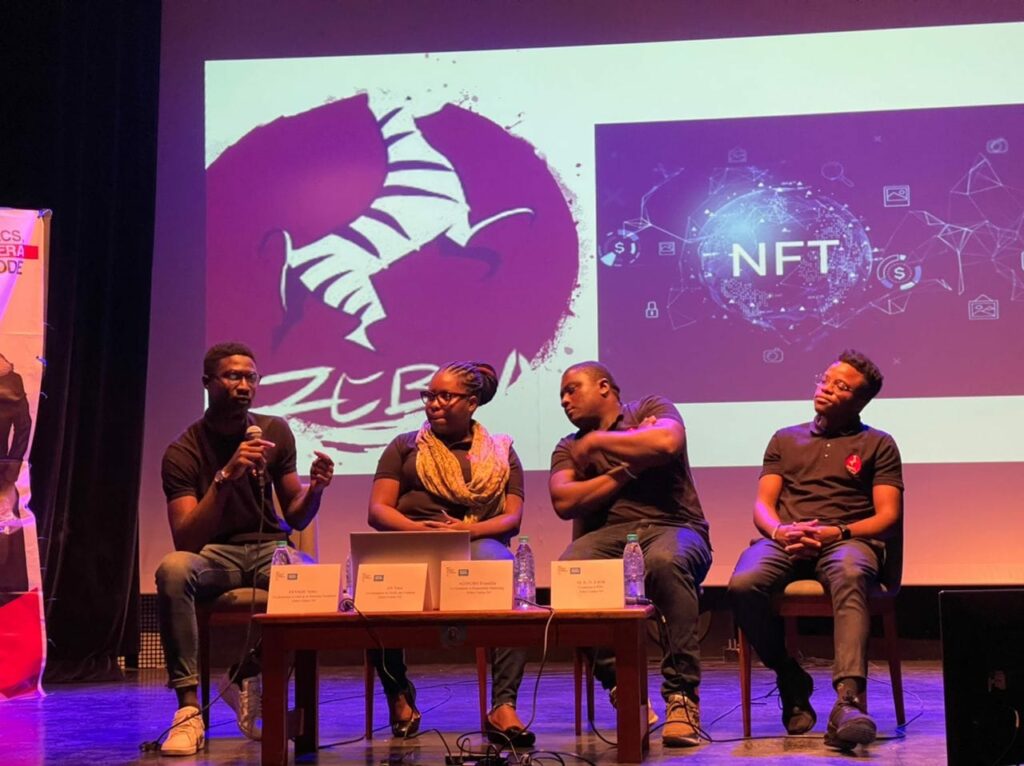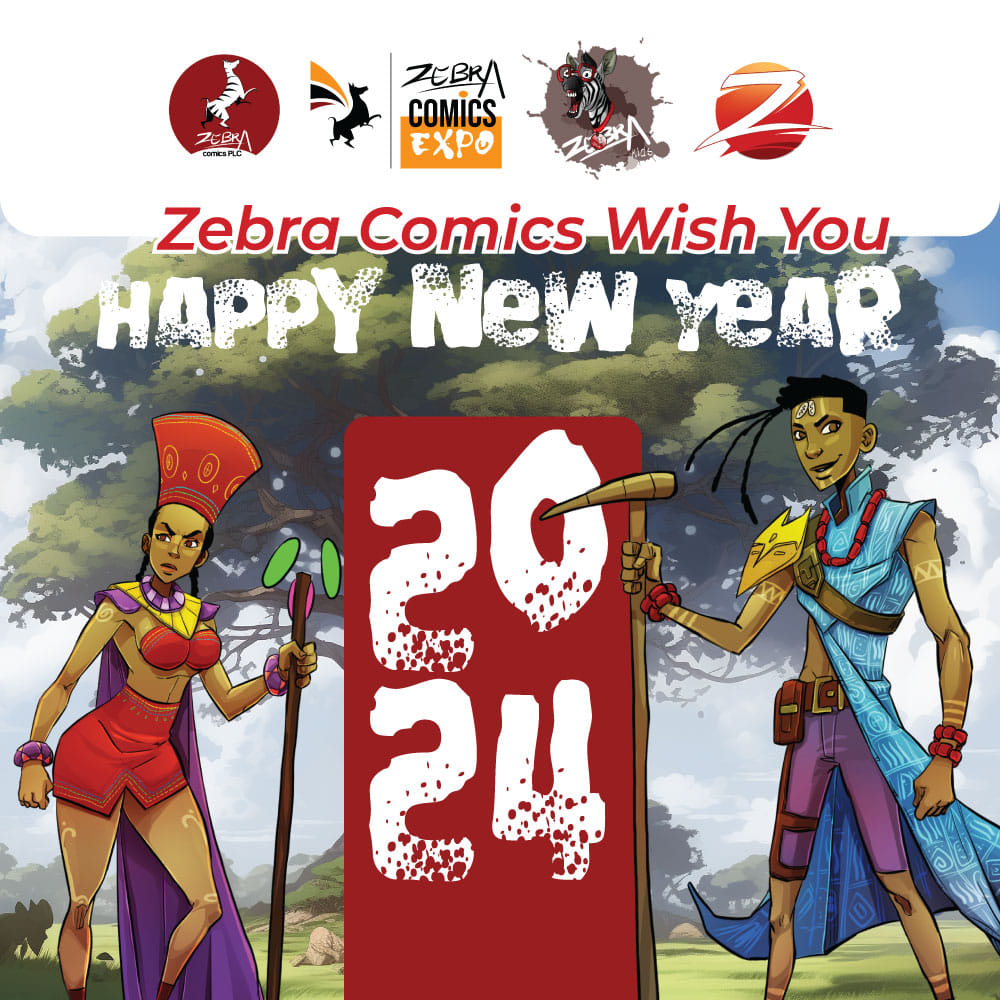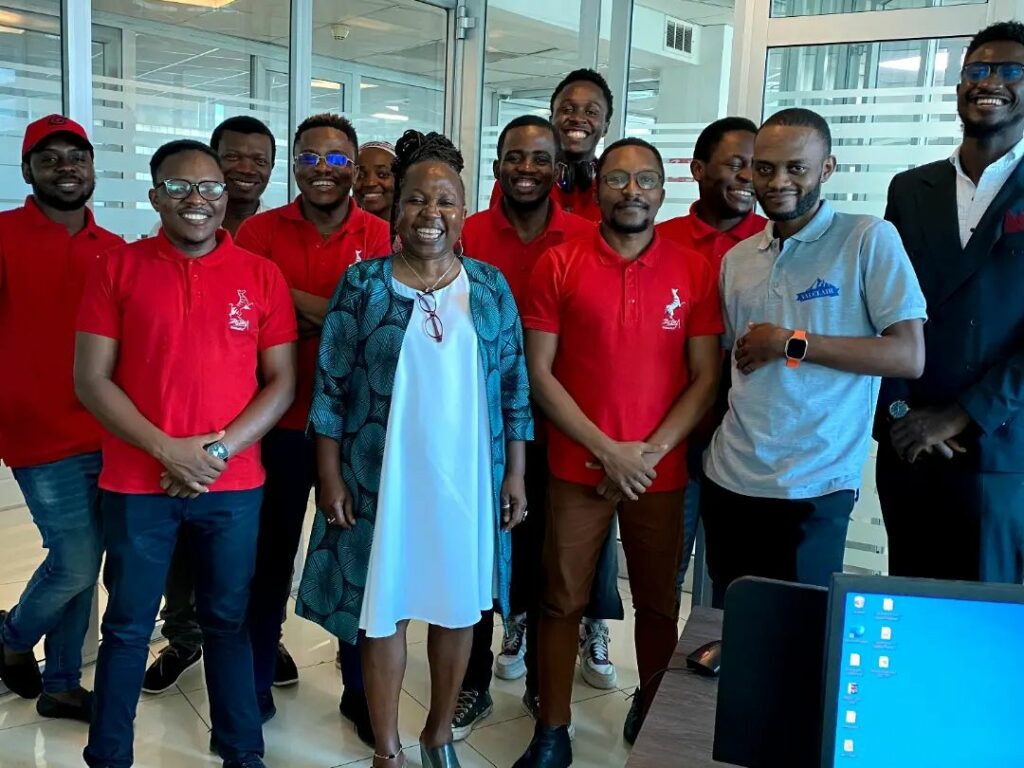Zebra Comics: Nurturing Young Minds with Illustrated African Tales
Children’s illustrated stories are not merely books filled with colorful pictures; they are windows to a world of imagination, learning, and growth. Within the vast realm of children’s literature, African stories stand out for their rich cultural tapestry and timeless lessons. These tales, steeped in tradition and wisdom, offer young readers an opportunity to explore […]
Zebra Comics: Nurturing Young Minds with Illustrated African Tales Read More »
